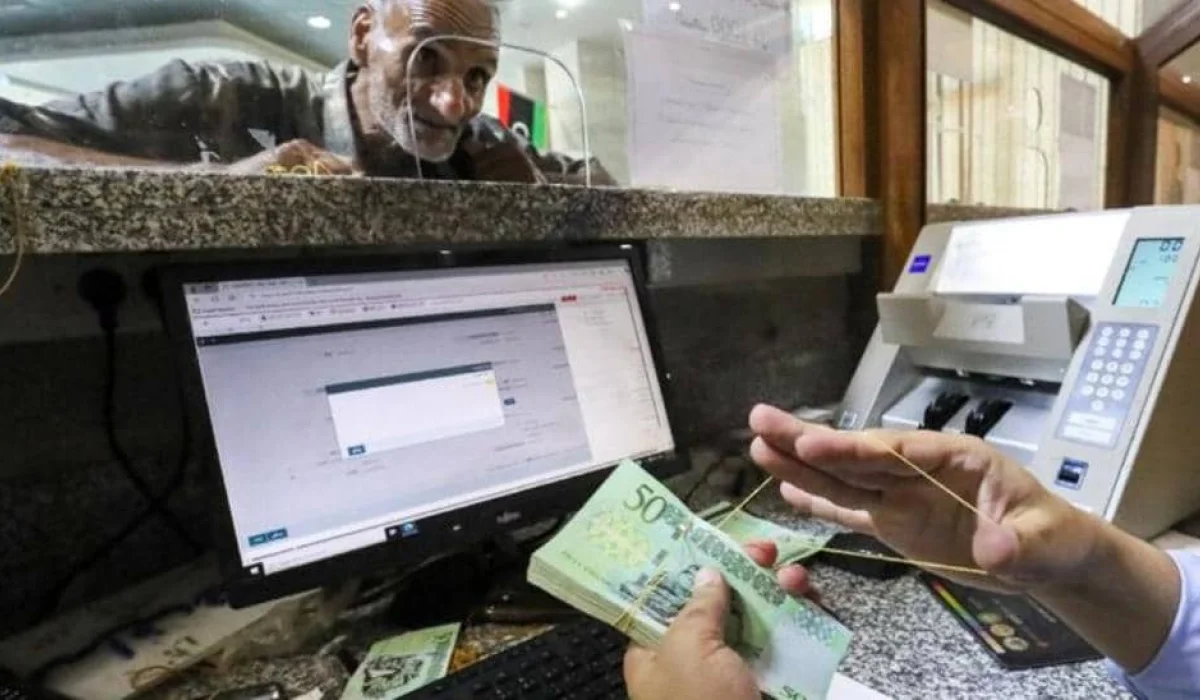
| Reports
Withdrawing Money from Libyan Banks: A Challenging Path as Al-Monitor Highlights Financial System Collapse
Published by: Al-Monitor on Wednesday
Libya’s financial crisis has forced many citizens to rely on payment cards amid the collapse of the financial system, following over a decade of instability and war. According to Al-Monitor, cash withdrawals have become an arduous process, with long queues of hundreds of people waiting outside heavily guarded banks. Often, cash reserves run out early due to severe liquidity shortages.
Lack of Trust in the Banking System
The report highlights that mistrust in the financial system has led Libyans to hoard cash rather than depositing it into banks. Currently, banks limit withdrawals to 1,000 Libyan dinars (approximately $206) per transaction. This mistrust exacerbates delays in the payment of salaries to government employees, who make up the majority of Libya’s workforce.
Transition to Digital Payments
In cities like Misrata, a significant coastal and commercial hub, the population of 400,000 is increasingly turning to bank cards. However, this shift is not without hurdles. The scarcity of ATMs and the lack of card payment acceptance among vendors pose challenges to a cashless economy.
A Misrata resident mentioned that using payment cards has simplified shopping, reducing the need to carry large sums of cash.
A Divided Central Bank
Political turmoil has further fragmented Libya’s financial institutions. Since 2014, competing factions have printed multiple versions of 50-dinar banknotes. To combat counterfeit currency, the Central Bank of Libya announced the withdrawal of these notes in April, initially setting a deadline of August but later extending it to the end of the year.
The withdrawal of these notes has added another layer of complexity. Musab Al-Haddar, a 45-year-old teacher, expressed frustration over shops refusing the old 50-dinar bills.
Addressing the Crisis
To alleviate the current crisis, the Central Bank of Libya injected 15 billion dinars into the economy in late October and urged banks to expedite the issuance of payment cards. However, achieving a seamless transition toward digital transactions requires addressing systemic challenges, such as increasing ATM availability and equipping vendors with card payment devices.





